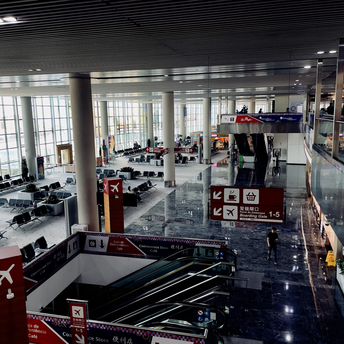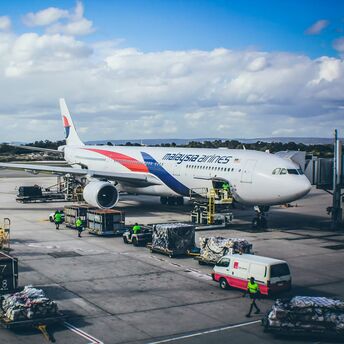Easter Travel at Risk Amid Heathrow PRM Staff Strike

Travellers flying through Heathrow Airport this Easter may face severe disruptions as nearly 500 mobility assistance staff prepare to strike from 5 to 9 April. The workers, employed by Wilson James, support passengers with reduced mobility (PRM) and are calling for pay parity with their counterparts at Gatwick. The strike action is expected to impact the availability of critical assistance services across all terminals during one of the busiest travel periods of the year.
The dispute has arisen on the back of profit releases at both Wilson James and the Heathrow Airport Limited (HAL) for the corresponding reporting period. According to Wilson James a gross turnover rose 17.7% for the year ending July 2024, HAL posted £696 million of pre-tax profit over the first 9 months of this same year. The workers say that the wages they are being paid now do not compare to the strain of physical and emotional labor that come with these roles nor does it reflect the financial wherewithal of their employers today.
The strike would be a lot of bother for travellers with accessibility needs. The absence of trained support staff may cause delays in boarding and disembarking, confusion at terminals, and a lack of personalised care that many rely on. During the industrial action, services will scale down for elderly travellers and disabled people/wheelchair users may well feel greater anxiety and longer waits.
Holidaymakers flying during the coming Easter also need to brace for indirect effects of the strike. Further slowing of transit through terminals and increasing pressure on the last remaining staff will cause bottlenecks at check-in and/or security. Travellers are advised to contact their airlines in advance, allow additional time for journeys, and seek information about contingency support from the airport in case assistance is unavailable.
The Easter strike is a tough one but it has kick started the necessary debate on equal pay and the service quality of airport assistance. For travellers, especially those requiring extra support, this news underlines the importance of proactive planning—but it also opens the door to a stronger, more inclusive travel experience in the future.



















